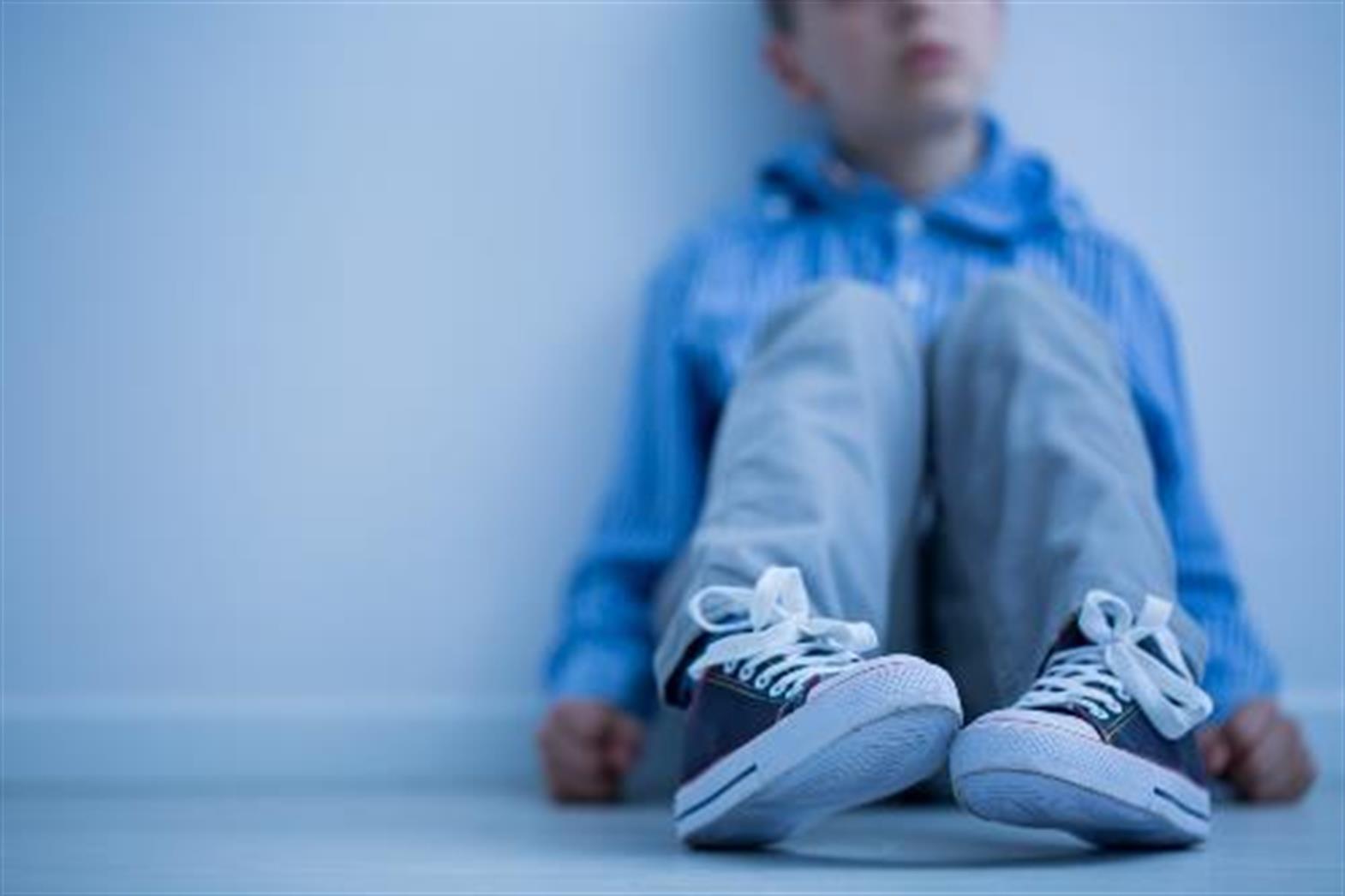What you need to know?
Bullying is a very common experience for youth with Autism Spectrum Disorders (ASD) and occurs more often than in youth without ASD. A child’s age (being younger), communication problems, lack of friendships at school, and mental health problems among parents all increase the likelihood that a child with ASD will experience bullying. Youth with ASD who experience chronic bullying are much more likely to have mental health problems than other youth with ASD, and it is important to address victimization with adult support in the home, school, and community, as well as school-based bullying prevention and intervention programs.
What is the research about?
Youth with ASD experience higher rates of bullying than youth who do not have disabilities. However, very little research has been done to investigate bullying experiences in youth diagnosed with ASD. Rather, research has focused on rates of bullying victimization in youth with ASD compared to typically developing youth. The current study examined various forms of bullying in children, youth, and young adults with ASD. The study also investigated the relationship between victimization and mental health problems, and the individual factors (e.g., child age, communication problems) and contextual factors (e.g., parent mental health) that increased the likelihood of being bullied.
What did the researchers do?
The researchers asked 192 parents whose children (ages 5 - 21 years) had a diagnosis of ASD to complete an online survey about bullying experiences and mental health issues. All the youth were enrolled in school (grades 1-12), and nearly all were Canadian.
What did the researchers find?
The majority of parents (77%) reported that their child with ASD had been bullied at school within the last month. Many youth were experiencing chronic bullying; 43% of the youth experienced bullying at least once per week, and 50% had been experiencing victimization for more than a year.
Chronic victimization was related to mental health problems including depression, anxiety, hyperactivity, and self-harm. Victimization was more likely to occur in younger children, as well as youth with fewer friends at school, greater communication problems, and parents with mental health problems.
How can you use this research?
This study showed that rates of bullying are higher among youth with ASD than the general population. It is important to pay attention to the mental health in youth with ASD who are experiencing bullying and provide them with interventions to address mental health problems. It is important to help reduce the risk of bullying by helping youth to communicate about bullying experiences effectively, and by facilitating the development and maintenance of positive peer relationship and friendships. We need to support parents to work with schools where the bullying is happening, and to support school staff in creating safe environments for everyone. School-wide bullying prevention programs and interventions can be used to reduce bullying, and to build healthy relationships at schools.
About the researchers
M. Catherine Cappadocia is a doctoral student in clinical-developmental psychology at York University. She is also a research assistant for PREVNet, a national network of Canadian researchers and non-governmental organizations committed to bullying prevention and intervention.
Jonathan A. Weiss is a Clinical Psychologist, and Assistant Professor in the Psychology department at York University. As the Chair in Autism Spectrum Disorders Treatment and Care Research, Dr. Weiss’ research focuses on the prevention and treatment of mental health problems in people with autism spectrum disorders (ASD) and/or intellectual disabilities (ID) across the lifespan.
Debra Pepler is a Registered Psychologist, and a Distinguished Research Professor in the Psychology department at York University. Dr. Pepler’s research interests also include understanding and addressing children’s aggression, bullying, and victimization.
Citation
Cappadocia, M. C., Weiss, J. A., & Pepler, D. (2012). Bullying experiences among children and youth with autism spectrum disorders. Journal of Autism and Developmental Disorders, 42(2), 266-77.This summary was written by Stephanie Fung for the Chair in Autism Spectrum Disorders Treatment and Care Research. This summary, along with other summaries, can be found at http://asdmentalhealth.ca/research-summariesReproduced with the permission of Dr. Jonathan Weiss (York University). This research summary was developed with funding from the Chair in ASD Treatment and Care Research. The Chair was funded by the Canadian Institutes of Health Research in partnership with Autism Speaks Canada, the Canadian Autism Spectrum Disorders Alliance, Health Canada, Kids Brain Health Network (formerly NeuroDevNet) and the Sinneave Family Foundation. This information appeared originally in the Autism Mental Health Blog (https://asdmentalhealth.blog.yorku.ca).


